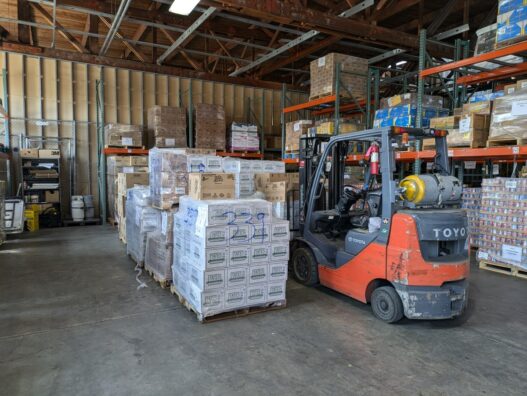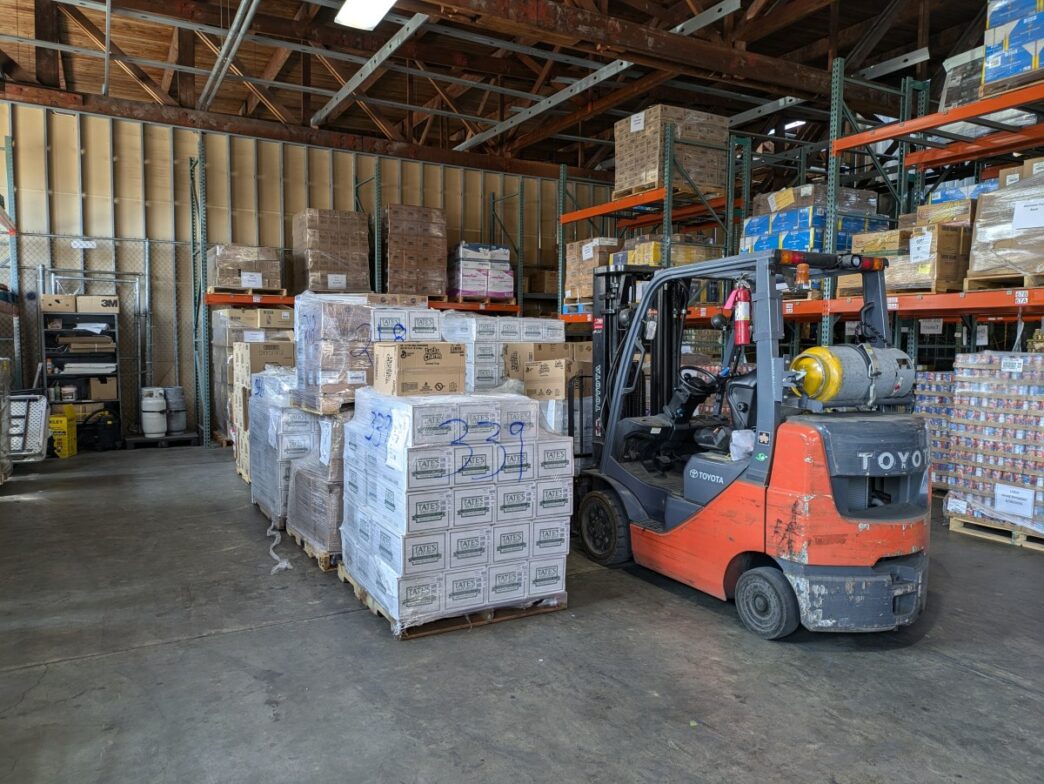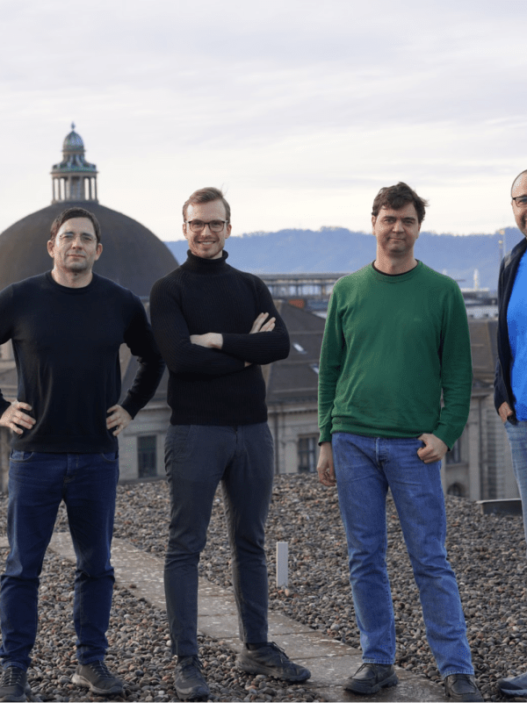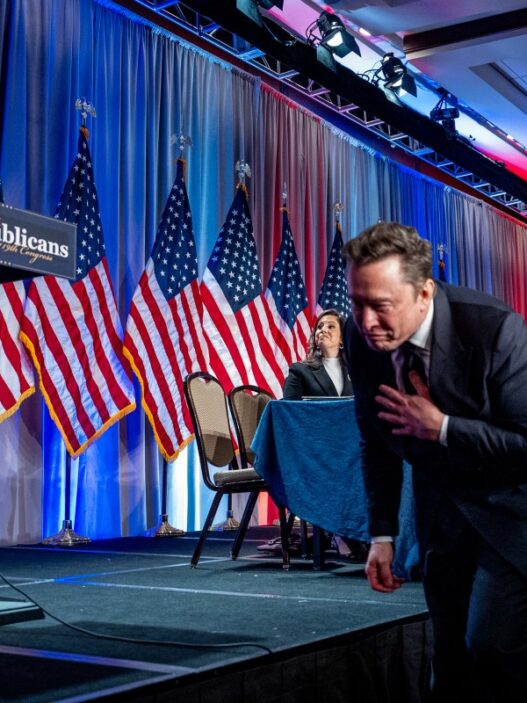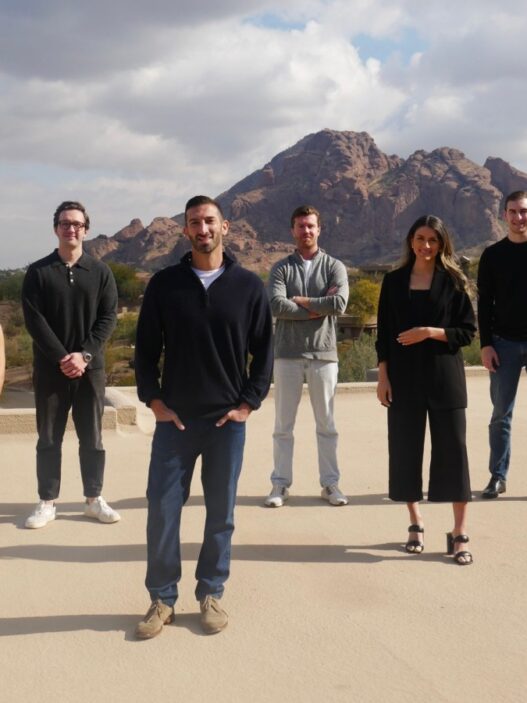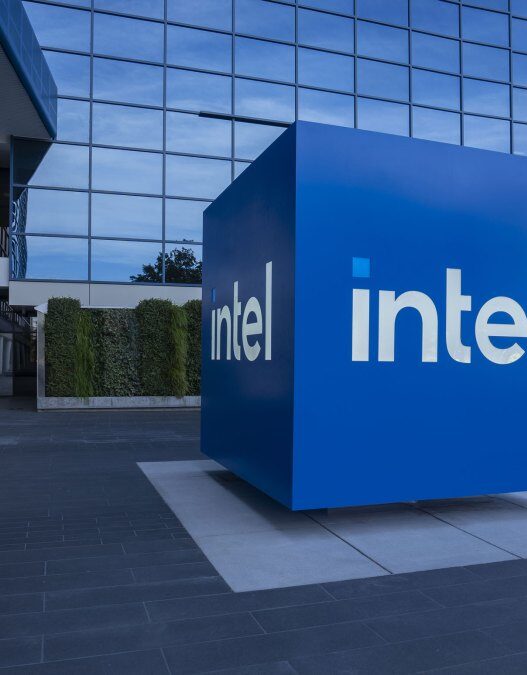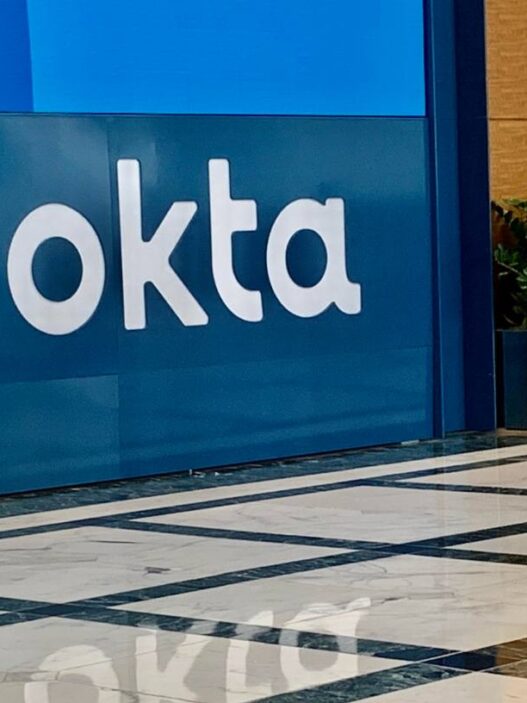Estimate 20 % to 30 % of all stocks In the United States, a surplus, with many of it ends in the burials of waste. An emerging Sotira He wants to help address this problem: It enhances Amnesty International to help companies empty and achieve investing their surplus stocks. Sotira shares brands to empty millions of pounds of grocery, health, wellness and cosmetics throughout the United States.
To feed its mission, the company closed a two -million dollar financing tour before the seeds. Sotira plans to use new financing to expand its operations at the national level, specifically the Middle West and South West.
The startup, which was presented in the Techcrunch Disrupt Battlefield 20024, was established by CEO of Amrita Phasin and CTO Gary Kwong. The couple met at the University of California in Berkeley and linked them their common interest in the area of e -commerce and logistical. Bhasin and Kwong were gaming their own companies that focus on selling products owned by new or pre -used products.
Then the duo started managing the liquidation work together because they wanted to understand how the space works before jumping to start a company. They decided to throw an extensive network before scratch in their mission with Sotira.
“We have learned that the market opportunity to achieve income from Overstock is huge,” Bhasin told Techcrunch. “It is a bill of dollars in a market, and it is a handy space in the old school, like the people we are talking to do things on the pen and paper. They have never heard about ChatGPT, they do not know what artificial intelligence is. This was very motivated for us to start the company. We were like, there is a chance of the market here.
Sotira helps to cancel products that are close to the expiration date, elements facing storage problems, and products that have been excessive. Suppliers who have been examined can subscribe to Sotira and link storage capacity or stock. Then Sotira matches the products with the buyer, which will then pick up the platforms from the supplier warehouse.
Buyers, brick stores and mortar shells are verified all over the country. They can share UPC codes for the type of stock they buy, and Sotira will use artificial intelligence to match it with the stock. Sotira automates compliance and facilitates logistical transactions and services with buyers until suppliers are paid when captured. The goal of Sotira is to remove the surplus within a few days of receiving inventory data.
In the past, brands should have determined the shares they would not be able to sell to the main buyers, then call two different liquidations to compare offers and manually negotiate prices. Sotira brought this online process and allows suppliers to clarify the stock much faster.
Sotira receives monthly fees for access; It also takes a percentage of revenue from each transaction on its platform.
While Sotira is useful for suppliers and buyers, Bahsin says that Sotira is also proud of its ability to open the affordable access to distinguished products that people may not be able to reach. For example, Sotira works with many CPG brands that end with the dismantling of its excess stock to deduct groceries.
“In the economy now, as you are currently looking at how high groceries are, these are the categories that consumers buy more than others,” Bahsin said. “There is a great value in opening affordable access to these elements. Many buyers we are working with in rural areas. They are in areas that may be poorer, where consumers actually depend on purchase from excess stores, like them will not buy from a full range of foods They buy from a reduced grocery store.
Bahsin also indicated that since then California has issued legislation To stop grocery stores from dumping food and drinks, Sotira can now deal with these companies and inform them that there is a market for their surplus stock.
Sotira plans to expand beyond food, drinks, health and future cosmetics and move to the clothing space. Bhasin said that the company is getting attention from the brands that want to help move their clothes and excessive shoes.
Sotira financing before the seed included an unusual, Night Capital, K5 Global, Ritual Capital, and others.

